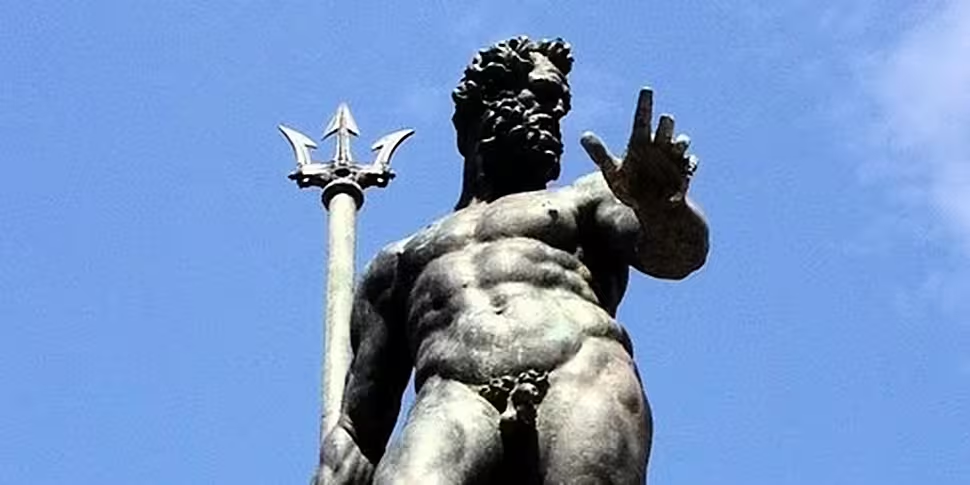While known for its algorithms taking a dictatorial stance on nudity in photographs, Facebook has come under fire for blocking an image of a 450-year-old bronze statue of the god Neptune. The photo of the artwork, located in the Piazza del Nettuno in Bologna, was banned for reasons of being “explicitly sexual.”
Standing atop a 16th-century fountain, the Jean Boulogne-designed bronze statue was snapped by Italian writer Elisa Barbari, who added it to her ‘Stories, curiosities and views of Bologna’ page on the social network. But Facebook promptly contacted her to remove it, after an automatic prohibition ruled that the image was out of line with Facebook’s terms of service.
Assuming that it was just a mistake in the algorithm, Barbari then tried to challenge the decision, only to receive an email from Facebook administrators upholding the ban, arguing the nudity violated the billion-dollar company’s advertising guidelines.
“The use of images or video of nude bodies or plunging necklines is not allowed, even if the use is for artistic or educational reasons,” it read.
"The statue is shown from behind, not even as a close up, it's in the distance. It's ridiculous," Barbari told CNN. "At first I was angry. Then I was surprised, I couldn't understand why they don't want to clarify. It's absurd.
"In the past, I have flagged inappropriate content to Facebook myself -- fake news, violence on animals... Things that really need to be censured, not art. I don't know what to think, it's ridiculous.
"I am guessing this hasn't landed on Zuckerberg's desk yet. There is nothing vulgar in a work of art," she added.
In a statement to Newstalk, a Facebook spokesperson said that the image had been incorrectly removed, adding: "Our team processes millions of advertising images each week, and in some instances, we incorrectly prohibit ads. This image does not violate our ad policies. We apologise for the error."
Facebook has previously been criticised for its apparent censorship of inoffensive images posted on the platform; in September, Norwegian prime minister Erna Solberg attacked Facebook after the iconic image of Phan Thi Kim Phuc, better known as the Vietnam War’s Napalm Girl, was removed from the platform.
“By deleting such iconic pictures that have played a crucial role in transforming world views on the pain and cruelty of war, Facebook is contributing to changing history,” Solberg wrote in The Guardian.
“I want my children, and other children around the world, to grow up in a society where history is told as it was. In a society where they can grow into mature adults by learning from experiences of past generations, to be better informed citizens of the world.”









